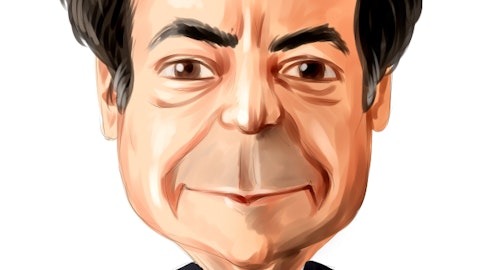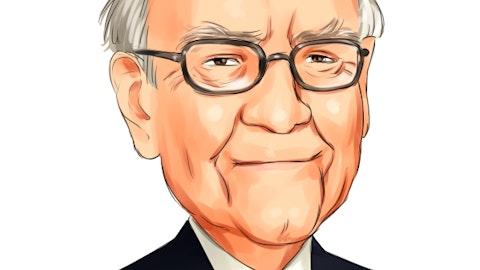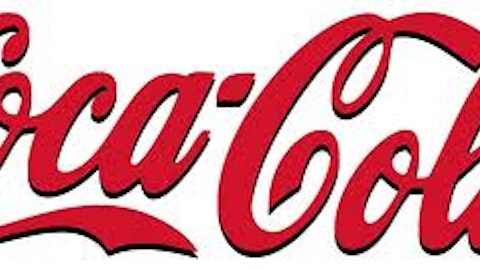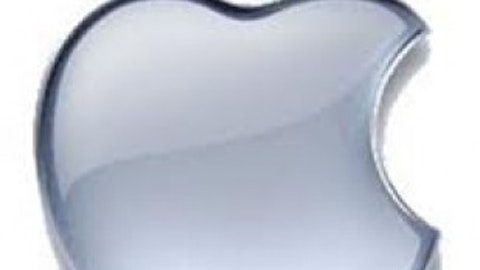Greenlight Capital felt it had won a battle against Apple Inc. (NASDAQ:AAPL) when a US judge ordered a preliminary injunction stopping a vote on the controversial proposal that limited Apple’s ability to issue preferred stock without shareholder approval. Greenlight Capital had sued Apple on Feb. 7 to block the proposal. But in this case, Greenlight’s intentions may harm the long-term future of the company.
The case

The proposal was supposed to amend Apple’s articles of incorporation by changing the language about election of directors, having a minimum value for the Apple Inc. (NASDAQ:AAPL) shares, and the need for the company to have a shareholder vote before issuing preferred shares. Mr. Einhorn wanted to vote in favor of the first two proposals, but strongly opposed the last.
What is the main issue?
Greenlight Capital, which owns 1.3 million shares of Apple Inc. (NASDAQ:AAPL), has been trying to convince the management to distribute excess cash to its shareholders. Apple has $137 billion as cash and cash equivalents (or $133 billion, net of debt). Greenlight had suggested that Apple should issue preferred shares with perpetual dividends. That’s why Apple wanted a proposal that would require shareholders’ approval before the issuance of preferred stock.
Apple Inc. (NASDAQ:AAPL) CEO Tim Cook has described the lawsuit as a “sideshow,” and he may not be completely wrong. The judgment only means that Apple’s effort to pass the proposal bundled with other issues will not materialize. However, Apple will now only have to put three proposals instead of one for voting. It does not imply that the shareholders will necessarily vote against the proposal.
And even if the proposal is voted down, this will only mean that Apple Inc. (NASDAQ:AAPL) need not take shareholder’s approval before issuing preferred shares. Greenlight Capital will then have to convince Apple’s management to issue preferred stock, and also convince shareholders to pressure the management to provide such shares.
Interestingly, the director of global governance of Calpers (California Public Employees’ Retirement System), Anne Simpson, had issued a statement backing Apple. Calpers is known to be a very proactive investor, and is also known to vote against the management if shareholder interests are at stake. Thus, if Calpers is backing Apple, it’s going to be very difficult to convince the other shareholders to vote against the company.
Apple’s current cash distribution policy
Apple Inc. (NASDAQ:AAPL) has issued a cash dividend of $2.65 thrice in the last six months. The cash dividend program has been restarted for the first time since 1995. The company had, in the early 2000s, seen unprecedented growth in its fortunes, and was thus investing money in itself, rather than issuing dividends. The restarting of the dividend program shows that the company’s board clearly realizes the issue at hand and the need to distribute the excess cash to its shareholders. Thus, there does not seem a need to force the board into issuing dividends.





